Once, cooking was an act slow and careful and seasoned with love. Eating was synonymous with family, and ingredients came and went with the seasonal whims of nature.
A Venda Lusitana, a food concept in the center of Lisbon, is a portal to those times. It stocks an ever-evolving range of locally produced products, and then uses those same products to create the meals and snacks that are served in-store. Jars of organic honey, tins of preserved fish, and bottles of premium Portuguese craft beers line the walls. Bags of house-made granola sit by the counter in a golden stack of crunchy temptation. The day’s delivery of Alentejo bread – crusty round loaves specific to that region – snuggle together inside a huge, rustic brown paper sack.
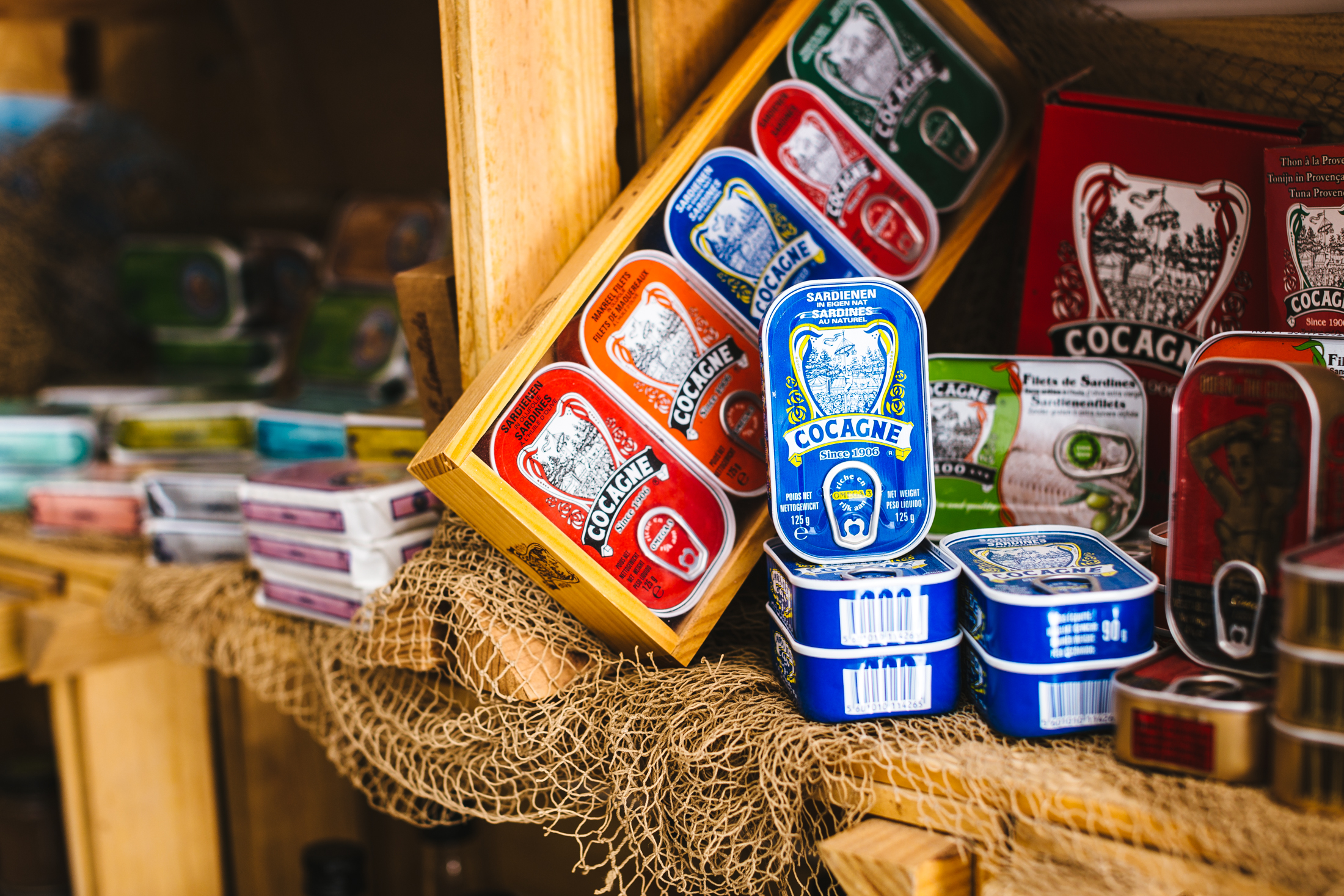
The store’s founding father, Luis, offers customers tidbits to taste from behind the counter and explains the story behind each product or dish. When he talks about food his passion is palpable. It’s also infectious.
“Everything has a history,” Luis tells us. “If you look into it, there’s always a reason to why things are done as they are.” He uses cured meats as an example. “Why is the ham of the Trás-os-Montes region completely different to the ham of the Algarve? One is smoked and the other is salty. When you look at the history it’s logical. A hundred years ago they didn’t have refrigerators. The Algarve is near the sea so they used what they had close to them, the salt, to preserve foods. In the north it’s very cold and they have lots of fireplaces so they would smoke the food to maintain it.”
Knowing these histories isn’t just about satisfying a curiosity, it’s about preserving gastronomy as a facet of cultural identity. “It’s important to preserve this heritage,” Luis says. “It’s cultural.”
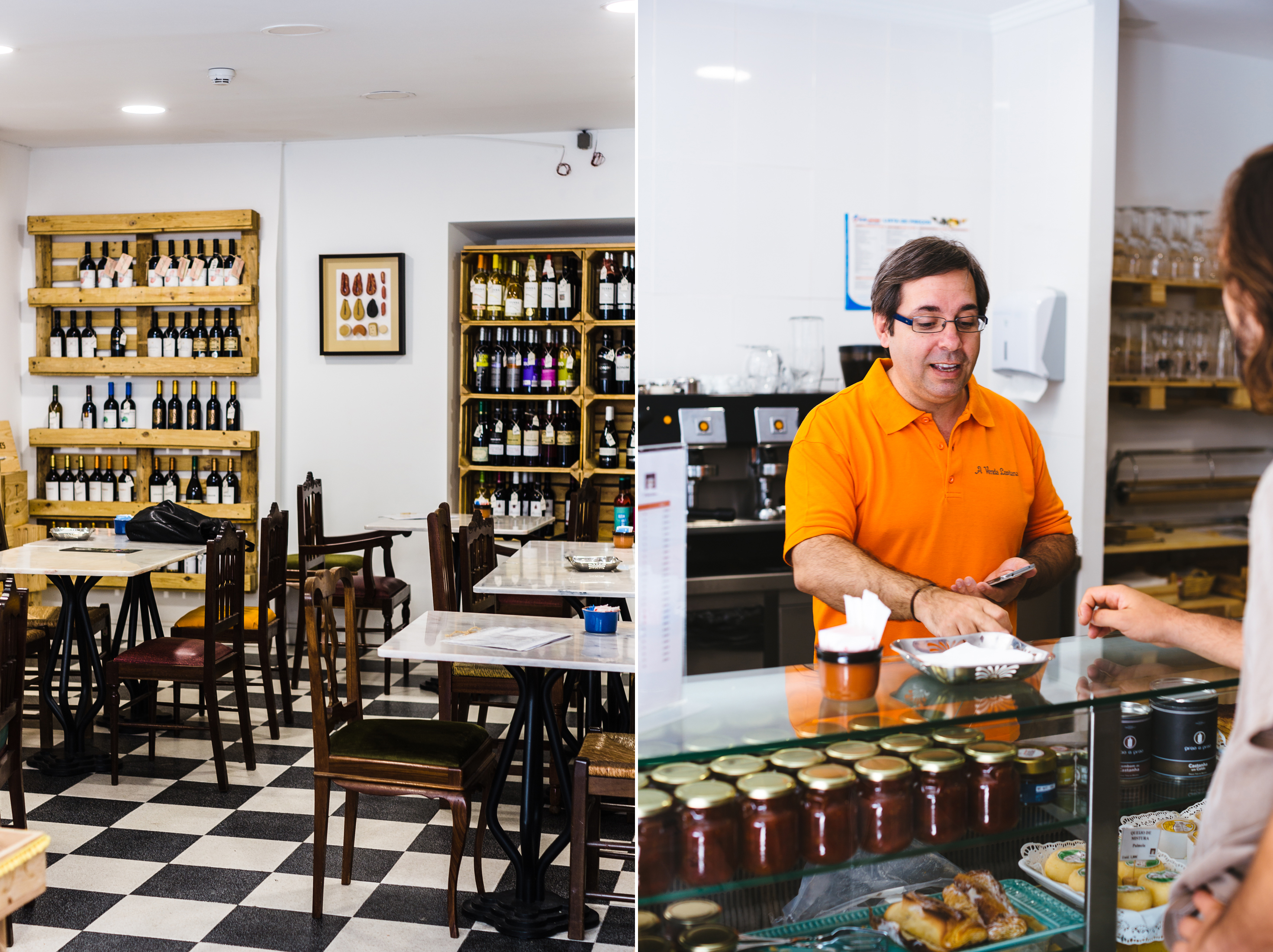
In serving up their own homemade dishes – like meat croquettes made from oxtail that’s slow cooked until meltingly tender – A Venda Lusitana also heralds a return to a past way of doing things that’s slower, more attentive, more loving; a way of doing things that’s in danger of being forgotten by a future which is always in a hurry. You can’t rush perfection, and if that means low heat and achingly long cooking times, Luis says so be it. “I remember when my grandmother used to cook dinner for the family,” he says. “As soon as we finished lunch, she would already start to cook dinner.”
And there are other differences, too. In this modern age of supermarkets and unbroken supply chains, A Venda Lusitana keeps things seasonal – just as nature intended. Luis works with small producers, most of whom he has come to know personally. “We know the risks,” he says, such as that “the regularity of the distribution is not perfect.” Case in point: a particular cheese that customers have been hunting down, only to find it’s currently absent from the store’s shelves. “The goats milk used in the cheese doesn’t get produced as much in summer,” Luis explains, and while supermarkets find ways around this in order to stock the same products all year round, the small local producers respect the natural cycles. “It’s not always easy to explain to customers why we don’t have the same products all the time,” he says, and yet it can only be a good thing that his clients are coming to appreciate the quality and anticipatory value of seasonal availability. After all: winter may bring shorter days and colder nights, but at least you have your favourite queijo fresco (fresh cheese) to look forward to.
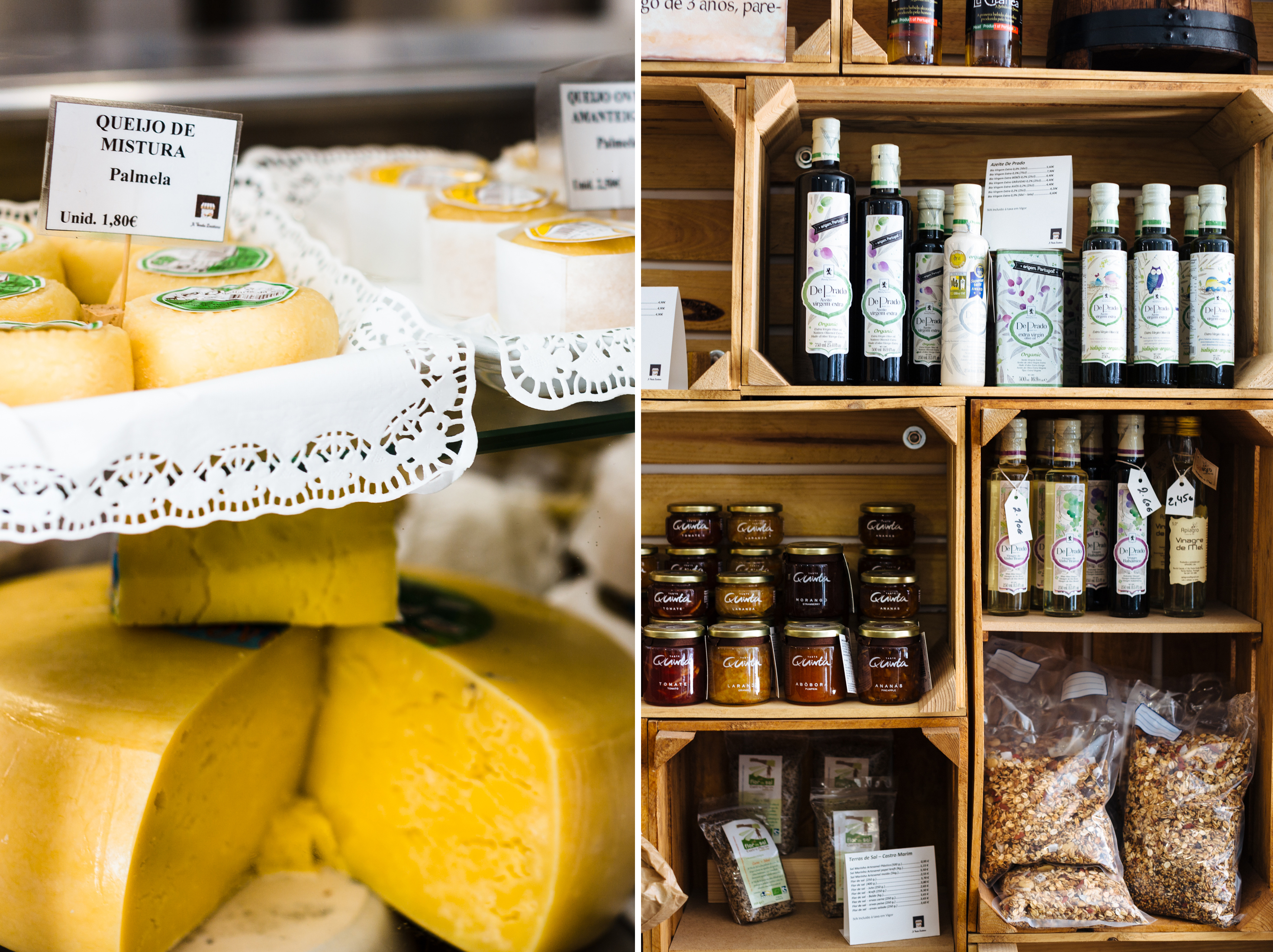
Our discussion turns to the value of inventiveness, of creating something wonderful using very little; a philosophy that permeates both the food and the decor of A Venda Lusitana. “Traditionally people would use a lot of herbs because they were free, they grew out in the fields. We use here at least 16 different kinds of herbs to cook,” says Luis. “This variety gives completely different flavours to the food. There’s a reason why the mediterranean diet is one of the best in the world: it was always very basic and the products that people would eat every day were the ones you’d find in the field or on the farm. We try to bring that to here.”
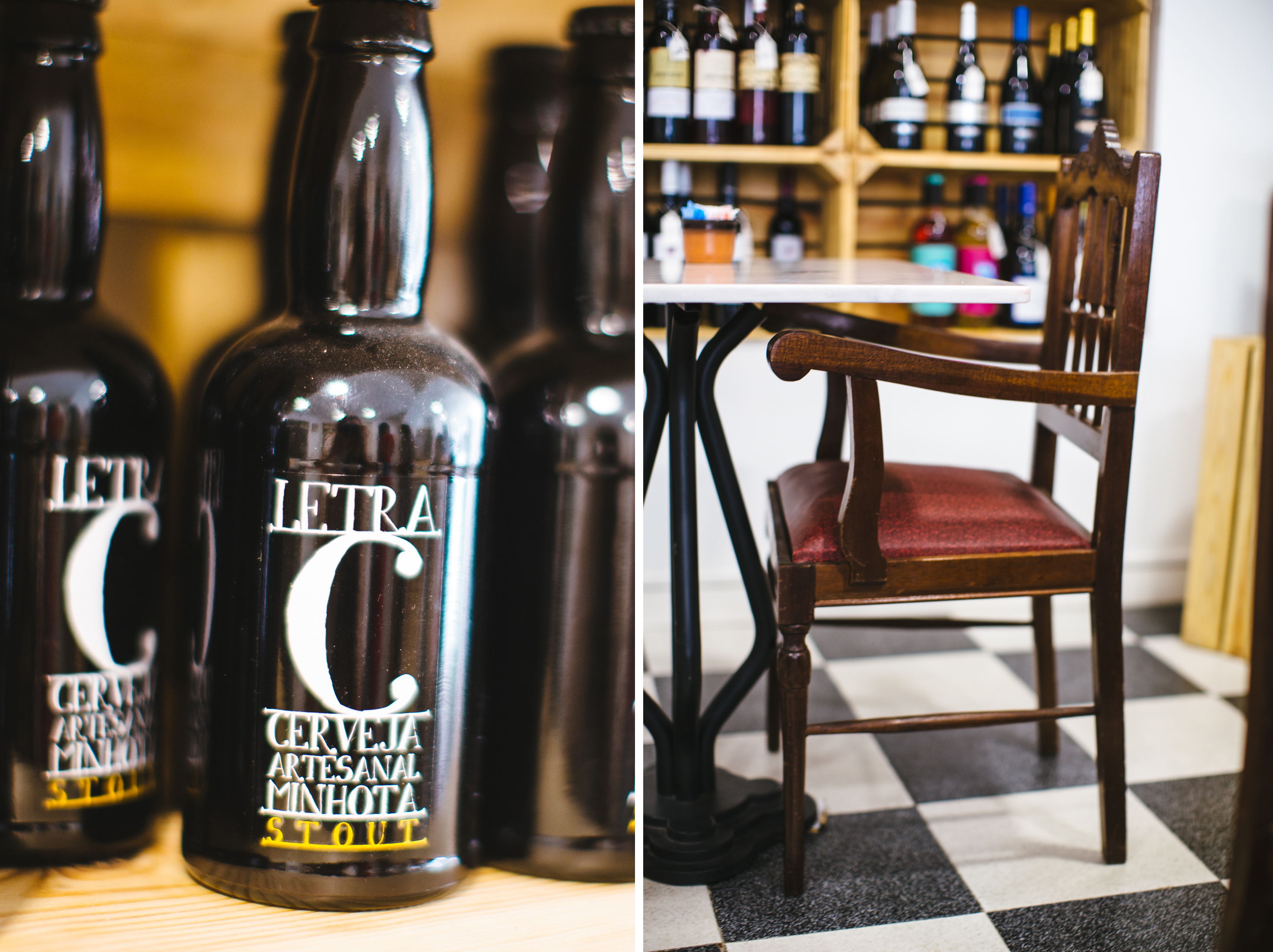
He offers us a post-lunch digestif from an eclectic collection of small glasses salvaged from his grandmother’s possessions. The wooden chairs inside were once fixtures in her living room, and the 68-year-old cuckoo clock on the wall is yet another family heirloom. Reclaimed crates and fruit palettes serve as decoration. The space may be cobbled together on a shoestring, but Luis is right: in both cooking and design, there’s an art to doing a lot with a little. A Venda Lusitana is bright and stylish, and yet there’s a feeling of being at home.
It’s hard to argue with the philosophies that give birth to concepts like A Venda Lusitana. There is value in taking time out of our busy lives to cook something slowly and lovingly. There’s value in finding out where a product came from and what went into it. And there’s value in respecting the cycles of nature and appreciating seasonal produce. Because in doing these things we not only get more enjoyment out of our food, we also support local producers, preserve cultural heritage, and take a small step towards a more sustainable world.
“I’m not so 100 percent worried with profit…” says Luis. “I want people to go away smiling and understanding what we have here.” And from the glowing reviews of the place so far, that’s exactly what’s been happening.

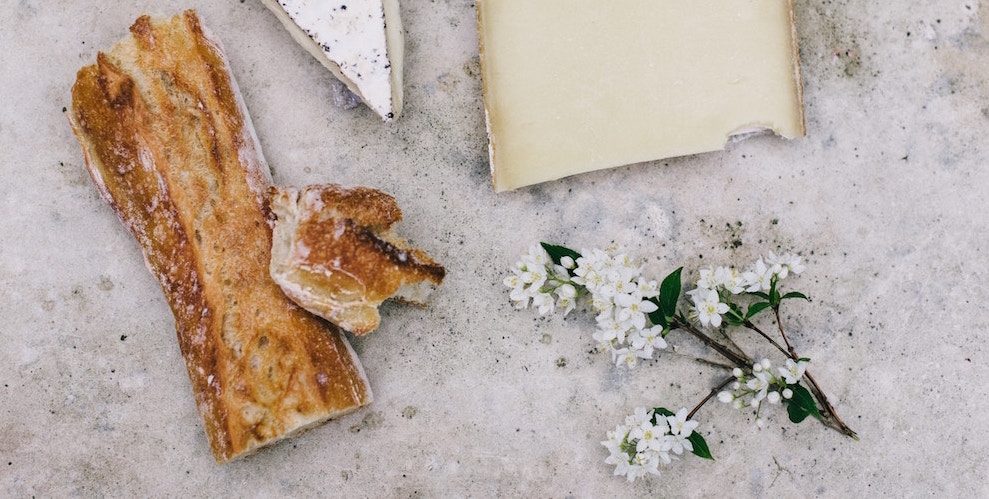





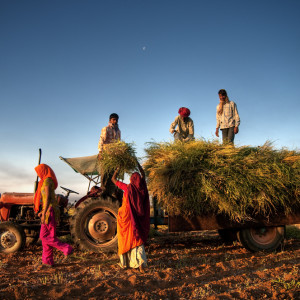
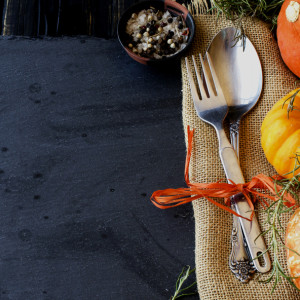


Leave a reply